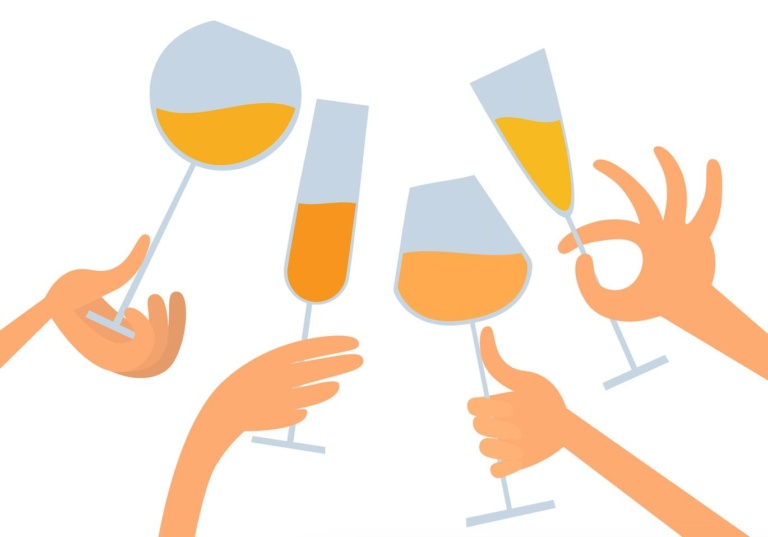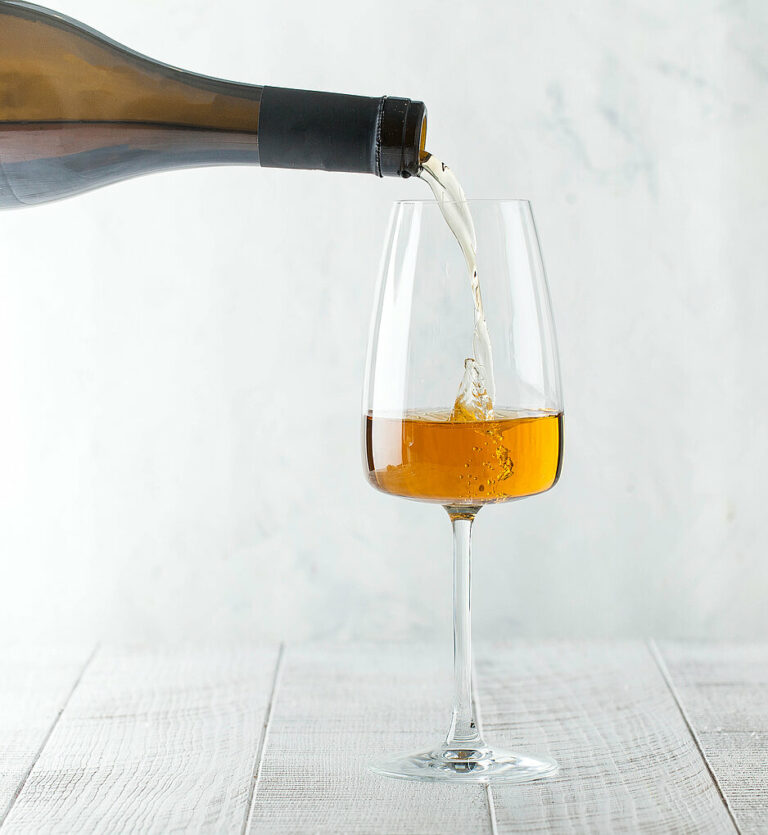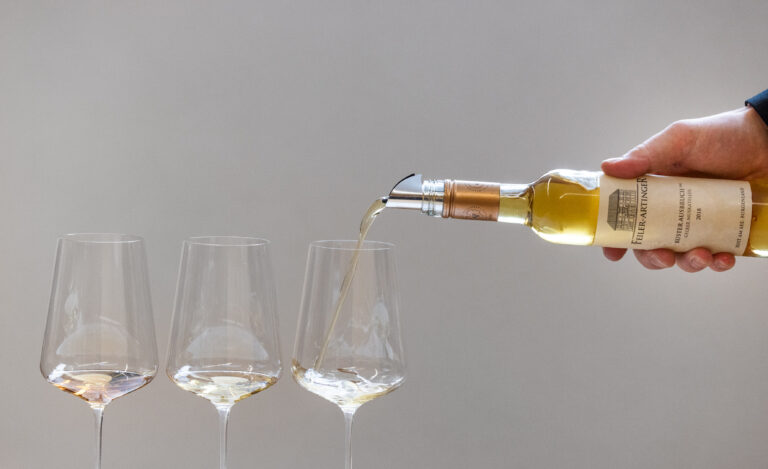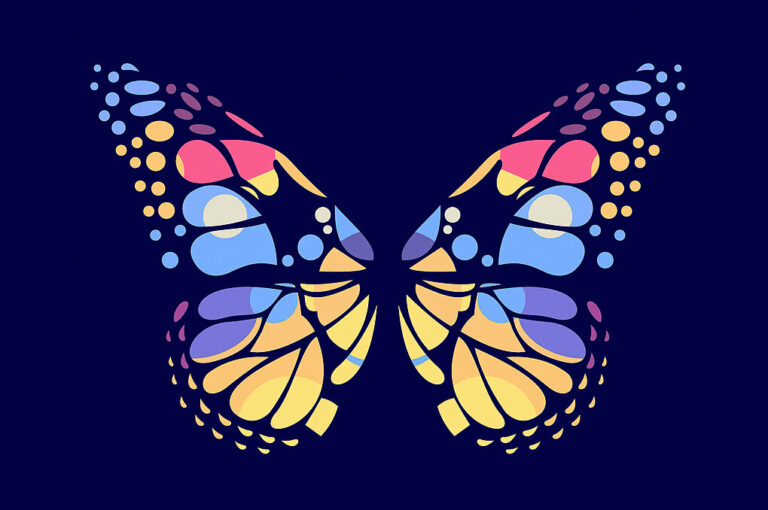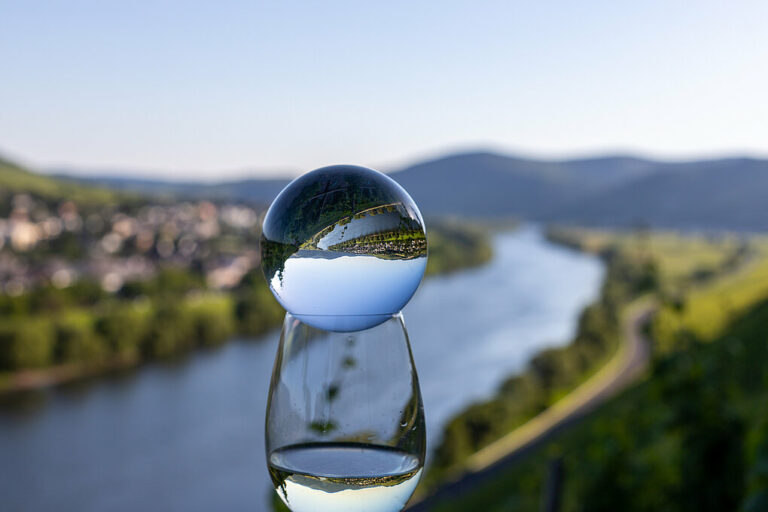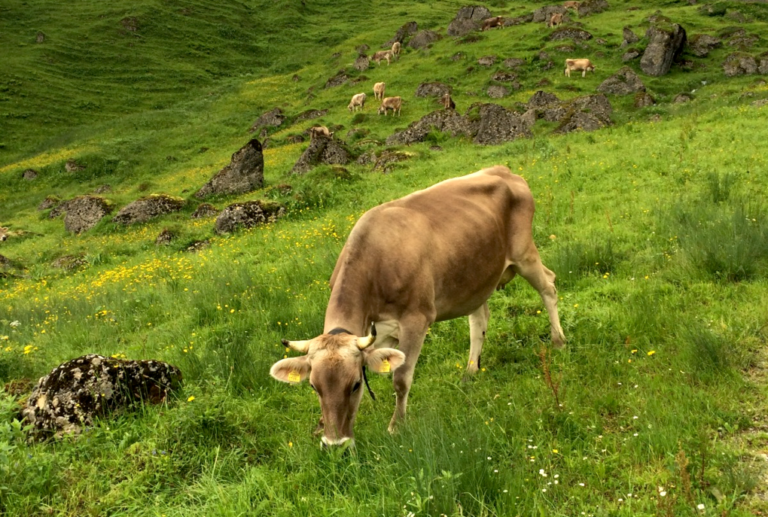A Gut Feeling
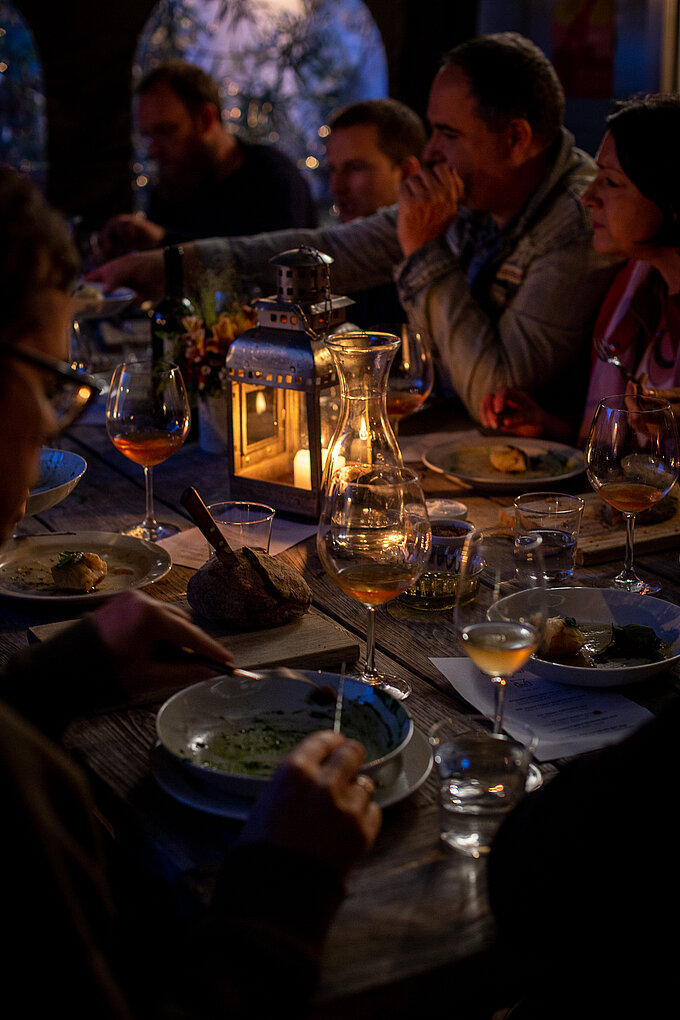
These days, when I discover a new wine producer, it usually happens at a restaurant. I turn the bottle around, read the information on the label, and later, research the wine on the Internet, looking for a blog post or something reliable on Instagram. Maybe I’ll find a few photos, or a social media post from someone I trust who has actually met the winemaker. Someone lucky enough to be living in Europe, who is able to do what I once did on a regular basis: hop on a train, rent a car, find the vineyard — or, meet the…

